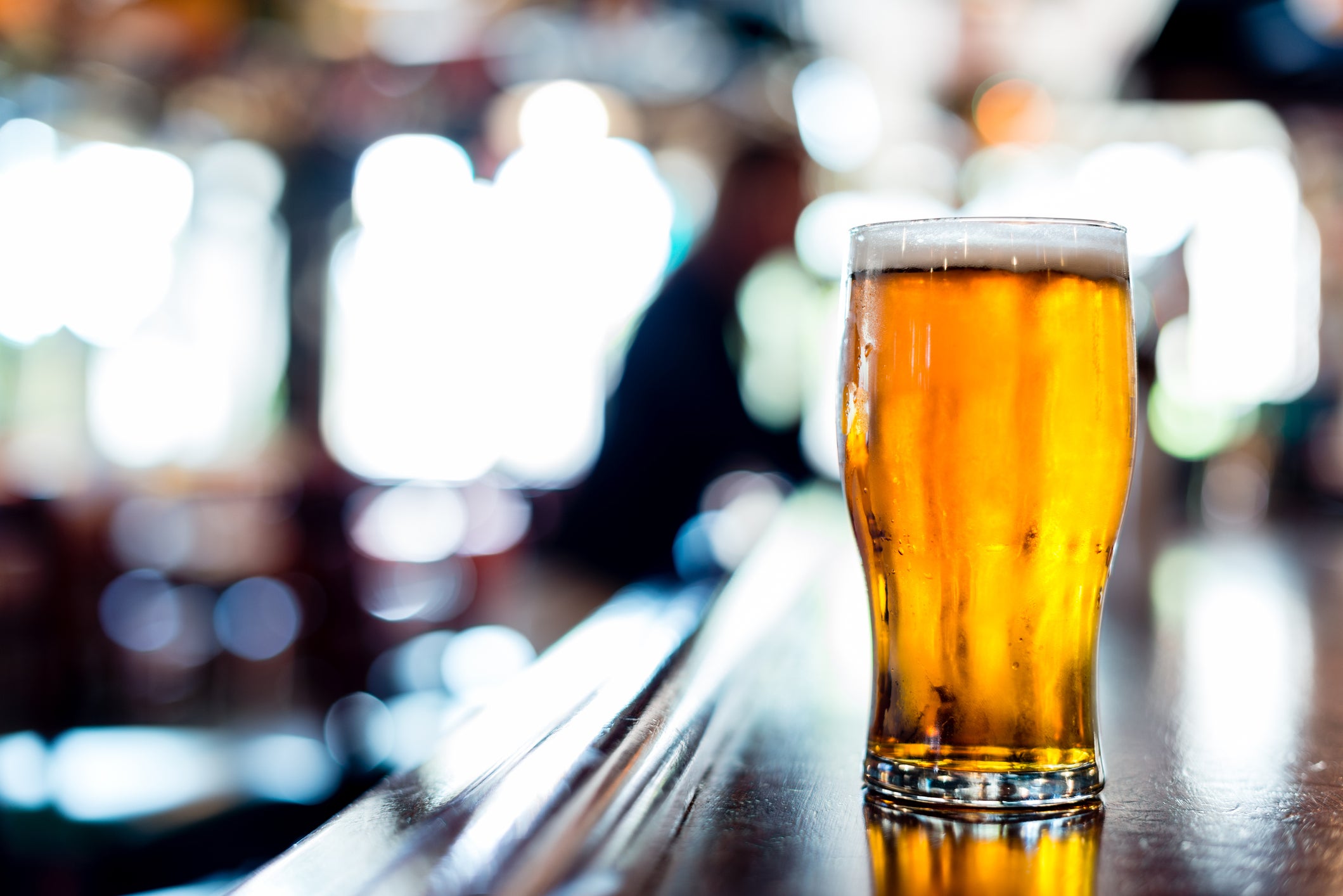One in five people in England harmed by others’ drinking over past year
The most commonly reported harm was being kept awake at night

Your support helps us to tell the story
From reproductive rights to climate change to Big Tech, The Independent is on the ground when the story is developing. Whether it's investigating the financials of Elon Musk's pro-Trump PAC or producing our latest documentary, 'The A Word', which shines a light on the American women fighting for reproductive rights, we know how important it is to parse out the facts from the messaging.
At such a critical moment in US history, we need reporters on the ground. Your donation allows us to keep sending journalists to speak to both sides of the story.
The Independent is trusted by Americans across the entire political spectrum. And unlike many other quality news outlets, we choose not to lock Americans out of our reporting and analysis with paywalls. We believe quality journalism should be available to everyone, paid for by those who can afford it.
Your support makes all the difference.One in five people in England were harmed by others’ drinking habits, a new study finds.
The study, which was published in the online journal BMJ Open, involved researchers from Public Health England (PHE) examining a survey of 4,874 adults across England to find out the extent, type and frequency of the harms associated with other people’s drinking.
They also looked into who is most likely to be affected from others’ drinking habits, as well as who and what might be the driving force behind the harm.
As a result of their findings, they believe that policies related to alcohol must also consider the impact of drinking on those other than the drinker.
To conduct the study, researchers drew on an extended Alcohol Toolkit Survey (ATS), a nationally representative household survey, carried out between November 2015 and January 2016. It included 18 additional questions on a wide range of potential harms associated with other people’s drinking.
The harms ranged from actual or threatened physical violence, through emotional hurt or neglect or having to care for someone whose drinking had resulted in illness/disability, to being kept awake at night because of associated noise and disruption.
Respondents who said they had been in any of these situations in the past 12 months were asked to say who had been responsible, and how often it had happened. They were also asked how much they drank themselves, using a validated measure (AUDIT) which identifies levels of harmful drinking.
The data shows that one in five people said they had experienced at least one of the 18 harms as a result of someone else’s drinking over the past year.
Nearly one in 20 of them have experienced aggression, meaning they were physically threatened, hurt, or pressurised into something sexual.
The most commonly reported harm was being kept awake at night (8 per cent) or feeling anxious/uncomfortable at a social occasion (nearly 7 per cent).

However, around one in 20 said they had experienced aggression, were physically threatened or hurt, or pressurised into sex.
One in five respondents who reported having been forced or pressurised into something sexual, said this was at the hands of a stranger. However, the most commonly cited perpetrator was a co-habiting partner (23 per cent, rising to almost 40 per cent when including partners who lived elsewhere).
Men (5.3 per cent) were marginally more likely than women (4 per cent) to experience violence or aggression, while the latter were around twice as likely (5 per cent) as the former (2 per cent) to say they had experienced emotional harm or neglect.
Most harms were experienced less than on a monthly basis (75 per cent), but 5 per cent were experienced daily or near daily.
It’s important to note that this was an observational and exploratory study so cannot establish cause and affect between drinking and those harmed.
In addition, respondent’s reports were based on memory and several groups of people, including those in hospital or in prison, were not involved in the study.
“This is the largest ever survey of [alcohol-related harms to others] conducted within the UK, and the first national study in England," the PHE researchers say.
“It is clear that [alcohol-related harm to others] is relatively prevalent and that some individuals experience harm frequently. The most prevalent harms could be considered insignificant, but even apparently minor harms such as sleep disruption can have an impact on health and quality of life, particularly if experienced persistently.”
The research follows new data published in The Lancet which found that British people are drinking less alcohol than three decades ago, despite a huge rise in the amount of booze consumed in large parts of the world.
According to the data, released by the World Health Organisation (WHO) data and the Global Burden of Disease, UK consumption dropped from 12.6 litres of pure alcohol a year per adult in 1990 to 11.4 litres in 2017 – a decline of almost 10 per cent.
Join our commenting forum
Join thought-provoking conversations, follow other Independent readers and see their replies
0Comments